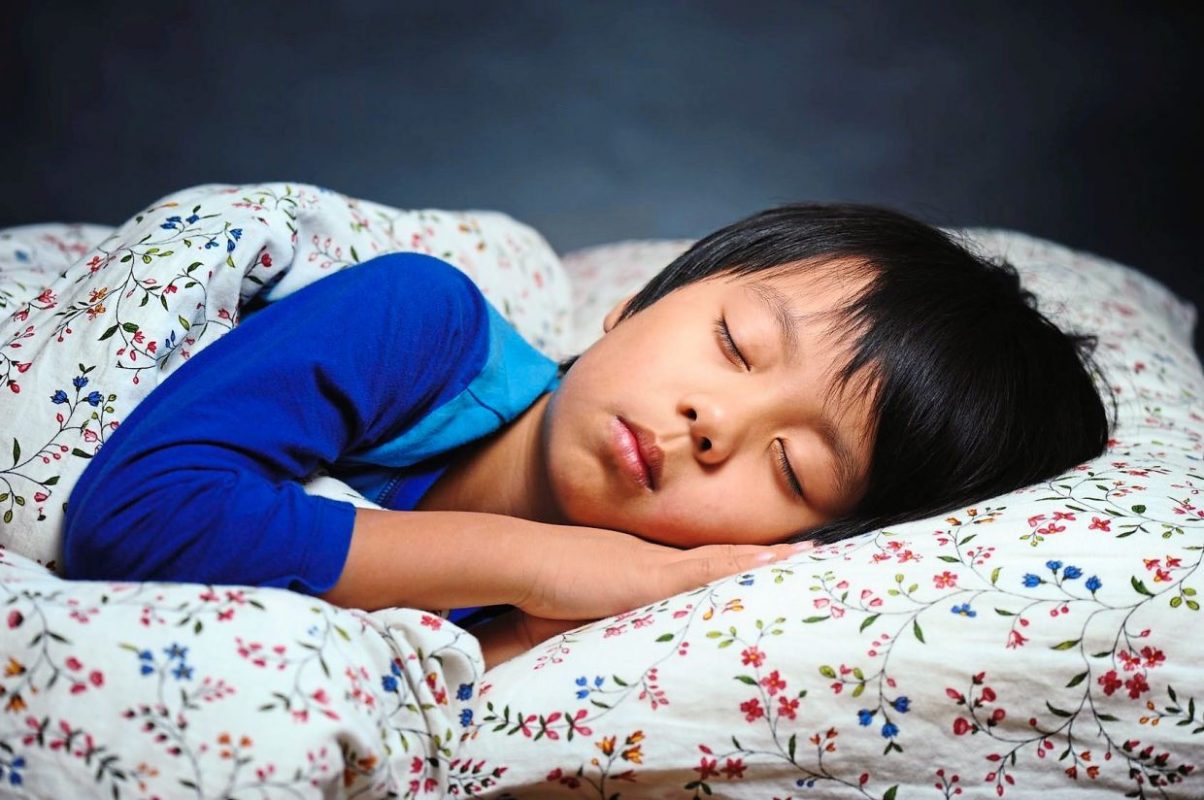
12 May Does my child sleep well? Here’s how to figure it out
The sleep of babies is a topic that interests parents a lot, even before birth. But if the most common question mom and dad ask themselves is how long the baby will sleep or when will he start to get “All tug,” over the years, they may wonder how to understand if the baby is sleeping well, if he is rested and if he is asleep. That’s enough for him. Let’s see wood baby walker.
How many hours must a baby sleep?

Let’s start with the main question: the number of hours of sleep varies according to the age of the child, decreasing as it grows but, beware, not reaching the time it takes for adults to rest, that is about 7-8 hours. In principle, taking into account that it then depends on the needs of the individual, the character and the way of being, the hours a child should sleep are:
- Between 12 and 16 hours for babies up to one year, but also much more for babies of a few weeks, spread between day and night
- Between 11 and 14 hours for children between one and two years old
- Between 10 and 13 hours for children between the ages of three and five
- Between 9 and 12 hours, children between the ages of six and twelve
- Between 8 and 10 hours, teenagers up to eighteen
It is therefore easy to understand that, especially when children go to school and wake up early, it is essential that they go to bed at an appropriate time to be able to sleep enough hours and wake up rested.
How do you know when a baby sleeps well?
But it is not only the number of hours that counts for the rest of children and young people: it is essential that sleep is of good quality and that, therefore the awakening is not difficult and there are no problems with performance, attention or tiredness during the day.
The first element on which you can rely is precisely the number of hours you sleep: if your child sleeps a sufficient number of hours based on his age, you know how to move to understand if he sleeps well enough.
Once you have ascertained that the amount of sleep corresponds to that expected for his age group and therefore you can exclude that he sleeps little, you can move on to other points.
The awakening
Is your child struggling to wake up suddenly? Some children, just like adults, would never get up: but if the child suddenly never wants to get up, he doesn’t answer when you call him and drags him, he may not have slept well.
The tiredness
Does it seem to you that your child is tired, has dark circles, or is in difficulty in sports? It could be a sign that you are not sleeping well enough. Talk to your pediatrician. He may have blood tests and, if everything is okay, the cause could be poor sleep quality.
He falls asleep when he shouldn’t
Falling asleep in class, in front of the tv or at other times (except in the car, where it often happens to the little ones!) are indications of poor sleep quality?
Irritability
As it happens for adults, sleeping poorly and poorly compromises mood because it does not allow you to recharge. If you find that your child is particularly irritable, just like babies who would like to rest but can’t and cry, it could be because of bad sleep.
Lack of concentration
Has your academic performance deteriorated? Are you struggling to study? Again, the cause may be a lack of adequate rest.
How to improve children’s sleep?
If you think your child has one or more of these problems and poor sleep quality is the cause, try these tips to try to improve the situation.
- Anticipate going to bed, creating a specific routine (even for the older ones)
- Make sure your child always gets some physical activity every day
- Dine early and lightly so as not to burden the stomach
- Eliminate any electronic device, including tv, starting at least two hours before going to bed
- Regularly ventilate the room in which he sleeps, if he has spent the afternoon there even before going to sleep
- Check that the temperature is not too high or the air too dry
- Use a humidifier if necessary
- With children, a massage, a hot bath, or other relaxing activities before bed can be useful
- Read a book together or, for the older ones, give them something to read to help them sleep
Knowing if a baby sleeps well is not difficult, and it depends on the number of hours you sleep and your behavior during the day. If you suspect that your child’s sleep quality is poor, take a few steps and, if it doesn’t, talk to your pediatrician. An age-appropriate melatonin supplement may also be helpful.
Children’s sleep time table
Identifying sleep problems in children is important because a growing number of studies suggest that sleep disorders can interfere with physical, cognitive, emotional, and social development. Ensuring our children, from an early age, good quality and hygiene of night sleep mean guaranteeing their physical and mental well-being. But how long should babies and babies sleep? How can we help our little ones regulate sleep?
It’s hard to complain if our baby sleeps most of the day. In fact, before we worry, we need to know that in the first weeks of life, babies need between 15 and 20 hours of sleep a day and sleep is essential for their growth and well-being. In general, the newborn sleeps for a couple of hours in the morning, the same number in the afternoon and then 12 hours at night.
The sleep of newborns is never regular. However, the rem phases are more numerous and longer and for this reason, it is normal to hear the newborn crying, stammering, and shaking during sleep. It does not mean that he is awake and must be left in his cradle quietly.
Having said that, if the baby sleeps really too much, it is always good to report it to the pediatrician to rule out any problems that can also occur with a certain lethargy. Infections and neonatal jaundice, for example, can also cause excessive sleepiness. In addition, if the weight is not normal or if the baby does not grow as expected, the pediatrician may recommend that you wake him every 3 hours to feed him.
When the baby’s sleep is regularized?
It can take a few months before the baby’s sleep is regularized on fairly rigid rhythms and times. Around 6 months, the baby will take a short nap in the morning, a fuller one in the afternoon and then sleep 10-12 hours a night.
However, every child has their own rhythms and times and we parents can only help them get used to the difference between day and night and promote a good sleep routine. Some practical advice:
- Let the child rest during the day in a different place than at night: the night sleep will be in the cradle or in the bed, the daily one will be done in the pram or in the cradle but in another room of the house and always leaving a little natural light that filters through the window, never in complete darkness;
- Take the child for a walk outdoors during the day;
- Let’s play with him at home and keep him active, stimulating in the right way but without excess;
- Overstimulation, especially in the hours preceding night sleep, can compromise the quality of sleep and make the baby nervous and irritated;
- Create a bedtime routine right away: for example, bath, feed, cuddle and sleep. When he gets older, he can add the reading of a short bedtime story;
- We do not let the baby fall asleep in his arms or in a place other than where he will sleep all night: he may wake up and be frightened because he does not understand where he is
We all have biological clocks, and our circadian rhythms can help us sleep satisfyingly if we honor them by going to bed at the right time. It is well known that keeping a constant time when going to bed and waking up allows us to correctly set our “Biological clock” and maintain healthy sleep hygiene.
Let’s take this table as an example to understand even now. Our children should go to bed.
It is clear, therefore, that if the child wakes up, for example, at 7 am, the bedtime must be calculated based on the number of hours of sleep he needs.

Sorry, the comment form is closed at this time.